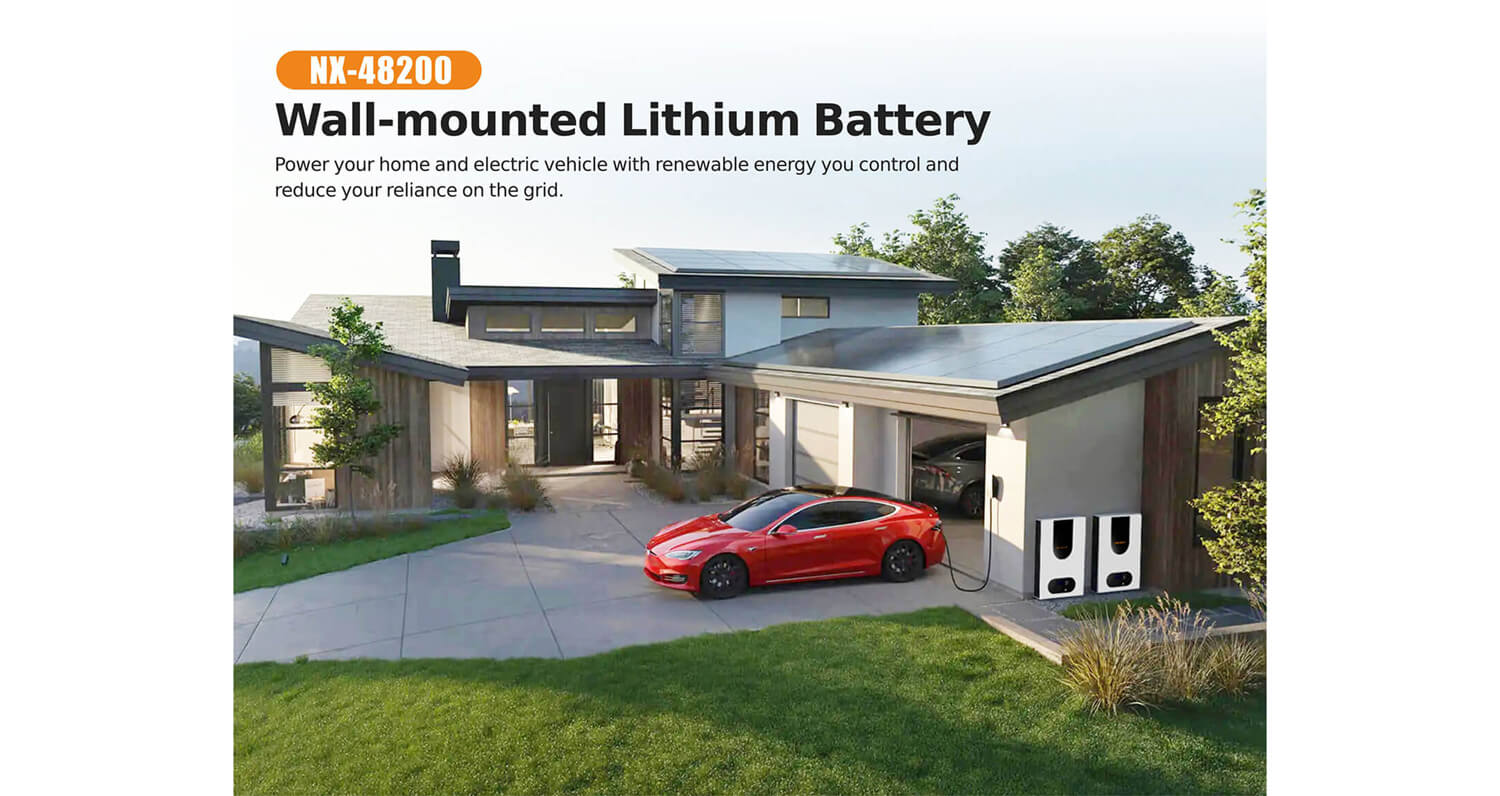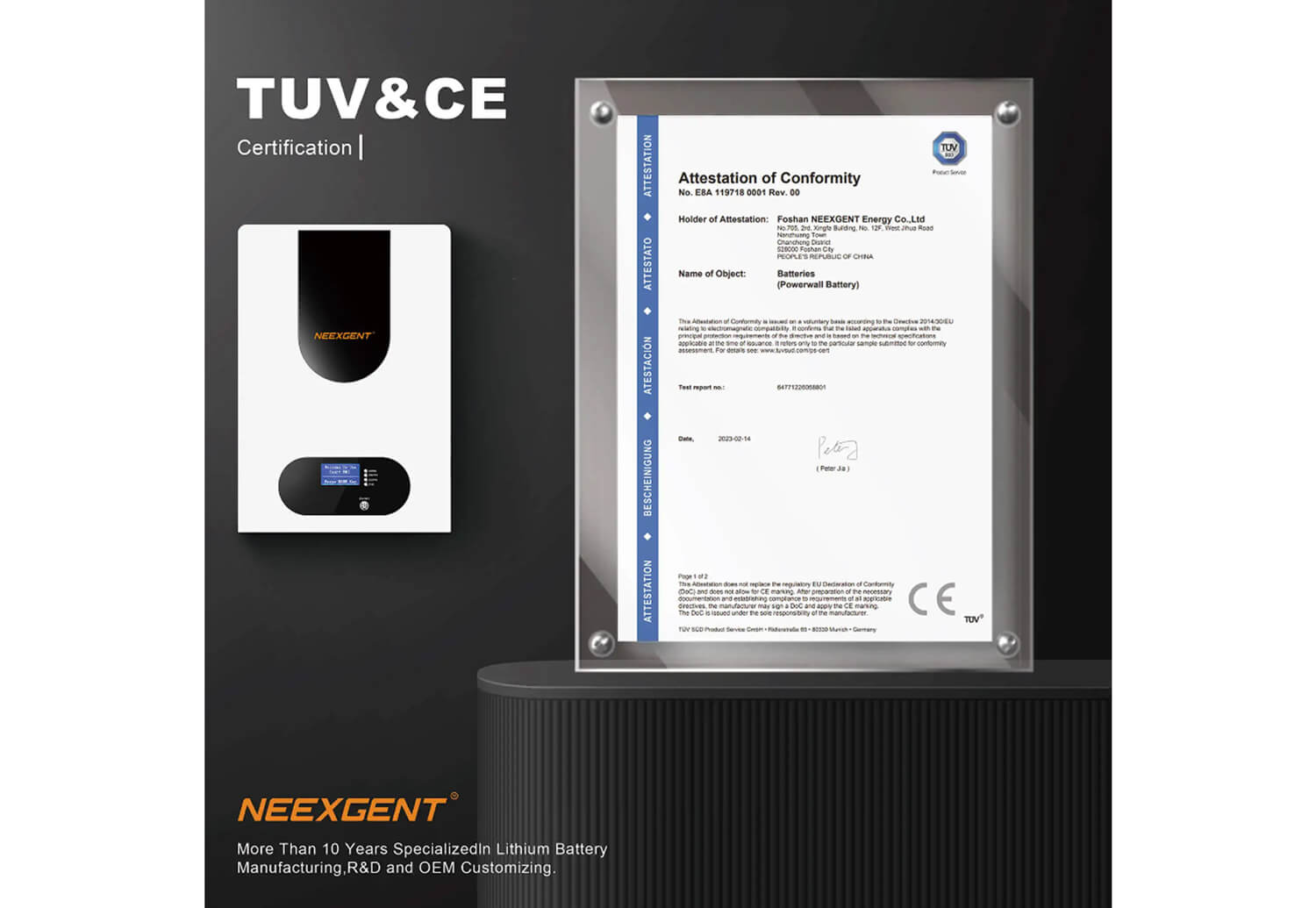- Powerwall Adoption and Use in South Africa
South Africa, like many countries, faces challenges with frequent power outages and load shedding, which has led to a growing interest in alternative solutions for backup power. Powerwall, a home energy storage solution, has gained significant traction in South Africa, offering homeowners a reliable and sustainable way to store excess solar energy and use it during peak demand or when the grid is down. The adoption and use of Powerwall in South Africa has been driven by various factors, including increasing awareness and support for renewable energy, government incentives, and the benefits it provides to homeowners.
One of the primary drivers for the adoption of Powerwall in South Africa is the growing awareness and support for renewable energy sources. As climate change and environmental sustainability become increasingly pressing issues, many homeowners in South Africa are looking for ways to reduce their reliance on fossil fuels and transition to clean energy sources. Powerwall allows homeowners with solar panels to store excess energy during the day and use it at night or during power outages, reducing their dependence on the grid and maximizing their utilization of renewable energy. This aligns well with the country's renewable energy goals and has led to increased adoption of Powerwall among environmentally-conscious homeowners.
Another factor driving the adoption of Powerwall in South Africa is the support from the government through incentives and policies promoting renewable energy. The South African government has implemented net metering programs, which allow homeowners with solar panels and Powerwall to feed excess energy back to the grid and earn credits, reducing their overall electricity bills. Additionally, the government has provided tax incentives and rebates for home energy storage installations, making Powerwall more affordable for homeowners. These incentives and policies have encouraged homeowners to invest in Powerwall as a way to optimize their solar energy usage and save on electricity costs, driving its adoption in the country.
The benefits of Powerwall for homeowners in South Africa have also contributed to its increasing use. Powerwall provides increased energy independence, allowing homeowners to have a reliable backup power source during power outages or load shedding, which is particularly important in areas where frequent power cuts can disrupt daily activities and impact business operations. The ability to store excess solar energy and use it during peak tariff periods also allows homeowners to reduce their electricity bills, making Powerwall a cost-effective solution in the long run. Furthermore, Powerwall is scalable, allowing homeowners to add multiple units to meet their specific energy storage needs, making it a flexible and adaptable solution for different types of properties.

South Africa powerwall
- Powerwall Pricing and Affordability in South Africa
As Powerwall gains popularity as a home energy storage solution in South Africa, one crucial aspect that homeowners consider is the pricing and affordability of this innovative technology. Powerwall is known for its advanced features and capabilities, but it also comes with a price tag that can impact its accessibility to different segments of the population. In this context, understanding the pricing and affordability of Powerwall in South Africa is essential in evaluating its feasibility for widespread adoption and use.
The pricing of Powerwall in South Africa depends on several factors, including the number of units needed, installation costs, and any additional accessories or upgrades. Powerwall is typically sold as a standalone product, and homeowners may need to purchase multiple units to meet their energy storage requirements adequately. Additionally, installation costs can vary depending on the complexity of the installation, location, and other factors. However, it's worth noting that Powerwall installations may be eligible for government incentives, tax rebates, or other financial incentives, which can help offset some of the upfront costs.
Despite the advanced technology and capabilities of Powerwall, its pricing may be perceived as high for some homeowners, which can impact its affordability. Affordability is a crucial consideration for widespread adoption of Powerwall in South Africa, as it determines the accessibility of this technology to different income levels. While Powerwall offers benefits such as reduced reliance on the grid, lower electricity bills, and increased energy independence, the upfront costs may pose a barrier to entry for some homeowners, especially those with limited financial resources.
To address the issue of affordability, actively working on reducing the costs associated with Powerwall, including manufacturing efficiencies and economies of scale. Additionally, government incentives and tax rebates can help lower the overall cost of Powerwall installations for homeowners. However, it's important to note that the pricing and affordability of Powerwall in South Africa may still vary depending on individual circumstances, installation requirements, and other factors.

- Challenges and Opportunities for Powerwall in South Africa
As South Africa seeks to transition towards a more sustainable energy future, a home energy storage solution, presents both challenges and opportunities in the country's energy landscape. While Powerwall offers several benefits, including increased energy independence, reduced reliance on the grid, and potential cost savings, there are also challenges that need to be addressed for its widespread adoption and use. In this context, understanding the challenges and opportunities for Powerwall in South Africa is crucial in harnessing its potential to contribute to the country's sustainable energy goals.
One of the key challenges for Powerwall in South Africa is the upfront cost of installation. Powerwall is a premium product that comes with a price tag, which may be perceived as high for some homeowners. The initial investment required for purchasing and installing Powerwall units, along with potential additional costs for installation, permits, and accessories, may pose a barrier to entry for many households, particularly those with limited financial resources. Additionally, the availability of financing options or affordable payment plans for Powerwall installations may also be limited, further impacting its affordability for potential users.
Another challenge for Powerwall in South Africa is the country's existing energy infrastructure and grid limitations. South Africa has been facing challenges with its electricity supply, including frequent power outages, load shedding, and an aging grid infrastructure. While Powerwall can provide a backup power solution during power outages, its effectiveness depends on the availability of solar energy to charge the battery during normal grid operation. In areas with inconsistent sunlight or limited solar resources, the ability of Powerwall to provide reliable backup power may be impacted. Moreover, the integration of Powerwall with the existing grid infrastructure may require additional technical and regulatory considerations, which could pose challenges for widespread adoption.
Despite these challenges, Powerwall also presents significant opportunities in South Africa's energy landscape. One of the key opportunities is the potential for increased energy independence and reduced reliance on the grid. Powerwall allows homeowners to store excess solar energy during the day and use it during peak demand periods or during power outages, reducing their reliance on the grid and increasing their self-sufficiency. This can help mitigate the impacts of frequent power outages and load shedding on households, businesses, and critical infrastructure, enhancing energy resilience in the country.
Another opportunity for Powerwall in South Africa is its potential to contribute to the growth of renewable energy usage. Powerwall is designed to integrate with solar panels, enabling homeowners to generate and store their own clean energy. South Africa has abundant solar resources, and solar energy has the potential to become a significant source of electricity in the country. By storing excess solar energy in Powerwall, homeowners can reduce their carbon footprint and contribute to the country's efforts to transition towards a more sustainable and environmentally friendly energy system.







